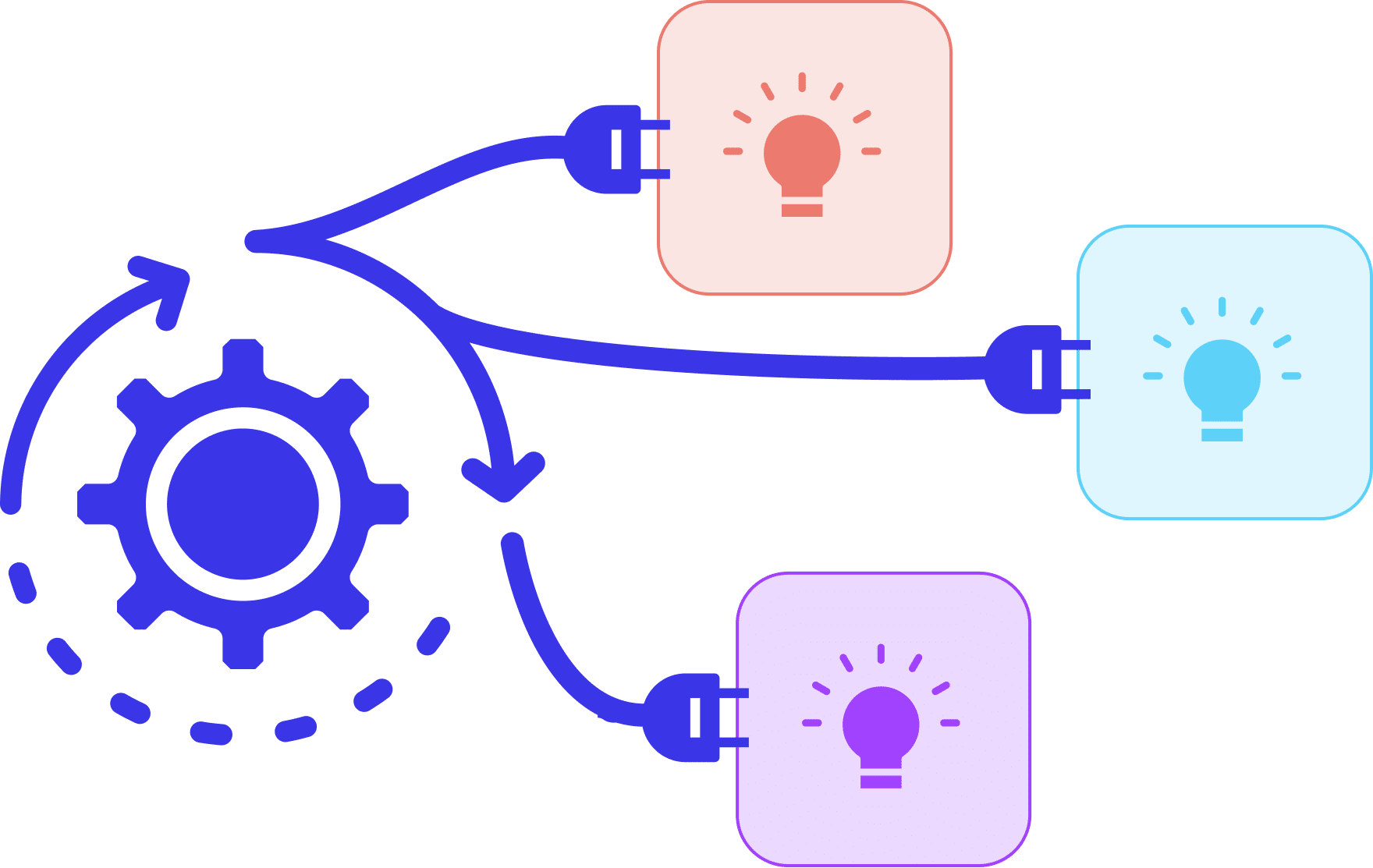This is a guest post written by Phil Nicholls of Medatech
In the past 12 months, Artificial Intelligence (Machine Learning) has become the most talked about technology topic across all media. I have to say it’s taken its time, because AI has been around for a long time. I remember working on it for my employer in the aerospace industry over 30 years ago.
From fears of an existential threat to the human race to mass-redundancies across industry there is a lot of trepidation about this technology as well as a lot of enthusiasm for some massive benefits.
But, as with many new technologies, introduction comes creeping in rather than with a big fanfare. Especially in today’s IT environment where a large section of the population have software skills and there is a lot of open source activity, no one organisation or group of companies have a monopoly on the new technology.
All software authors in all fields have the ability to research, develop and incorporate AI into their systems and so these new algorithms are appearing piecemeal into many aspects of our ordinary lives.
Hardly a day goes by now when I don’t get access to a webinar or case study where a business is publicising its latest AI project. But together with that there are also many less publicised applications (many in the public sector, e.g. health diagnosis) that are being introduced to great effect.
I know that in our own ERP arena there are many examples of projects where AI is being used to augment human decision-making.
And this is an important point that should be used to counter the (often unfounded) fears about the technology. ERP introduction for many years has been plagued with fears of mass redundancies as processes are streamlined, exception triggers replace massive data reports, all leading to non-value-added work being eliminated.
The reality has always been, however, that the redundancies do not happen, people instead get re-deployed to more profitable work and the business expands allowing the constant headcount to deal with a higher turnover and therefore greater profitability.
This also goes with AI introduction. The projects documented so far have all stressed the view that AI is augmenting human activity not replacing it.
Many examples are projects aimed at specific processes, for instance noticing when customer buying patterns alter. However there are also more general opportunities that can bring longer term and wider-spread advantages.
An example of this is in our own Priority solution where AI is watching the behaviour of users and providing recommendations for changes to the user interface to ensure the most streamlined use of the system possible.
So whether you are looking to improve a specific process or more generally the personal productivity of system users, you will find that all of the best ERP vendors are actively incorporating AI into their solutions. For those providers who are actively developing their solutions, AI is providing a new means of differentiation. As ERP system purchasers, clients should make the most of this and include AI incorporation as part of their selection criteria.
Whether you like it or not, AI is here to stay and has many ways to improve our business life.
We’d like to pay a special thanks to Phil Nicholls of Medatech for providing this guest post. You can meet Medatech at any of the upcoming itSHOWCASE events






